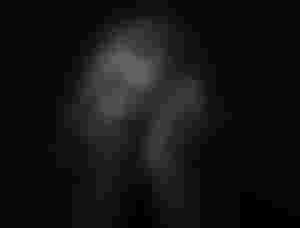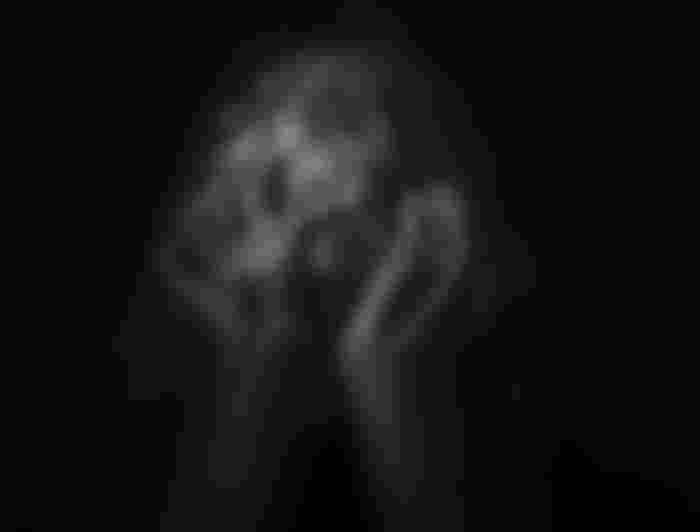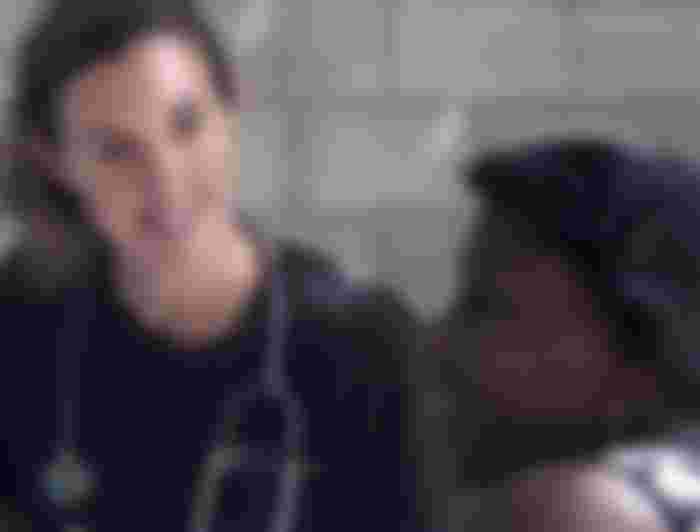Schizophrenia
Schizophrenia is a misunderstood mental illness. It's been sensationalized in movies and books to the point where many people see it as "crazy." The truth, however, is much different. Schizophrenia has been known for centuries and has become better understood due to recent research. Several symptoms can help diagnose schizophrenia; treatments available can make this disorder manageable. If you or someone you know might have schizophrenia, please read about this sometimes debilitating condition.

What is schizophrenia?
Schizophrenia is a mental disorder that impacts how someone thinks, feels, and acts. Common symptoms include delusions, disorganized thinking, auditory hallucinations, paranoia, social withdrawal, and lack of motivation. The exact cause of schizophrenia is unknown, but genetic components suggest it might be passed down through families. Schizophrenia does not mean someone is "crazy;" rather, it indicates a disconnect from reality.
Who gets schizophrenia?
Schizophrenia can impact anyone; males and females between the ages of 16 and 25 seem to be more likely to develop this disorder. No one knows what causes schizophrenia, but research has found that genetics and environment might play a role. Schizophrenia does not discriminate; it affects all races, ethnicities, and socioeconomic backgrounds.
How is schizophrenia diagnosed?
Schizophrenia can be difficult to diagnose because the symptoms are wide-ranging and mimic other mental illnesses. Professional diagnosis typically includes an interview with the patient and family members or friends. The healthcare professional might also conduct a physical exam to check for any neurological problems causing the symptoms. When diagnosing schizophrenia, doctors will look for two or more of the following symptoms: delusions, hallucinations, disorganized speech, disorganized behavior, and negative symptoms such as lack of motivation or responsiveness.
What are some common misconceptions about schizophrenia?
One of the biggest misconceptions is that people with schizophrenia are "crazy." This mental illness comes in many forms and can impact different people. Some individuals will only experience one symptom, such as hallucinations or paranoia, while others might experience several. Schizophrenia is not split personality or multiple personality disorder; it does not make someone violent, and it does not mean someone is unintelligent.

How is schizophrenia treated?
Schizophrenia can be a chronic illness, but treatments help reduce the symptoms. Many people need to try several medications before finding one that works for them. There are also therapies, such as cognitive-behavioral therapy, which help individuals cope with symptoms.
How can I help someone with schizophrenia?
If you suspect that someone you know might have schizophrenia, encourage them to evaluate a doctor or therapist. The sooner the diagnosis is made, the sooner treatment can begin. Since there are treatments available that can improve symptoms, it's important not to give up hope. You can help by learning all you can learn about schizophrenia; it will provide both of you with the information needed to handle this disorder.
Schizophrenia is a mental disorder that makes it difficult to tell what is real and what isn't. This can lead to problems with relationships, work, and school. There are five main symptoms of schizophrenia: delusions, hallucinations, disorganized thinking, disorganized speech, and negative symptoms. If you or someone you know experiences four or more of these symptoms for more than six months, it may be time to seek help from a doctor.



